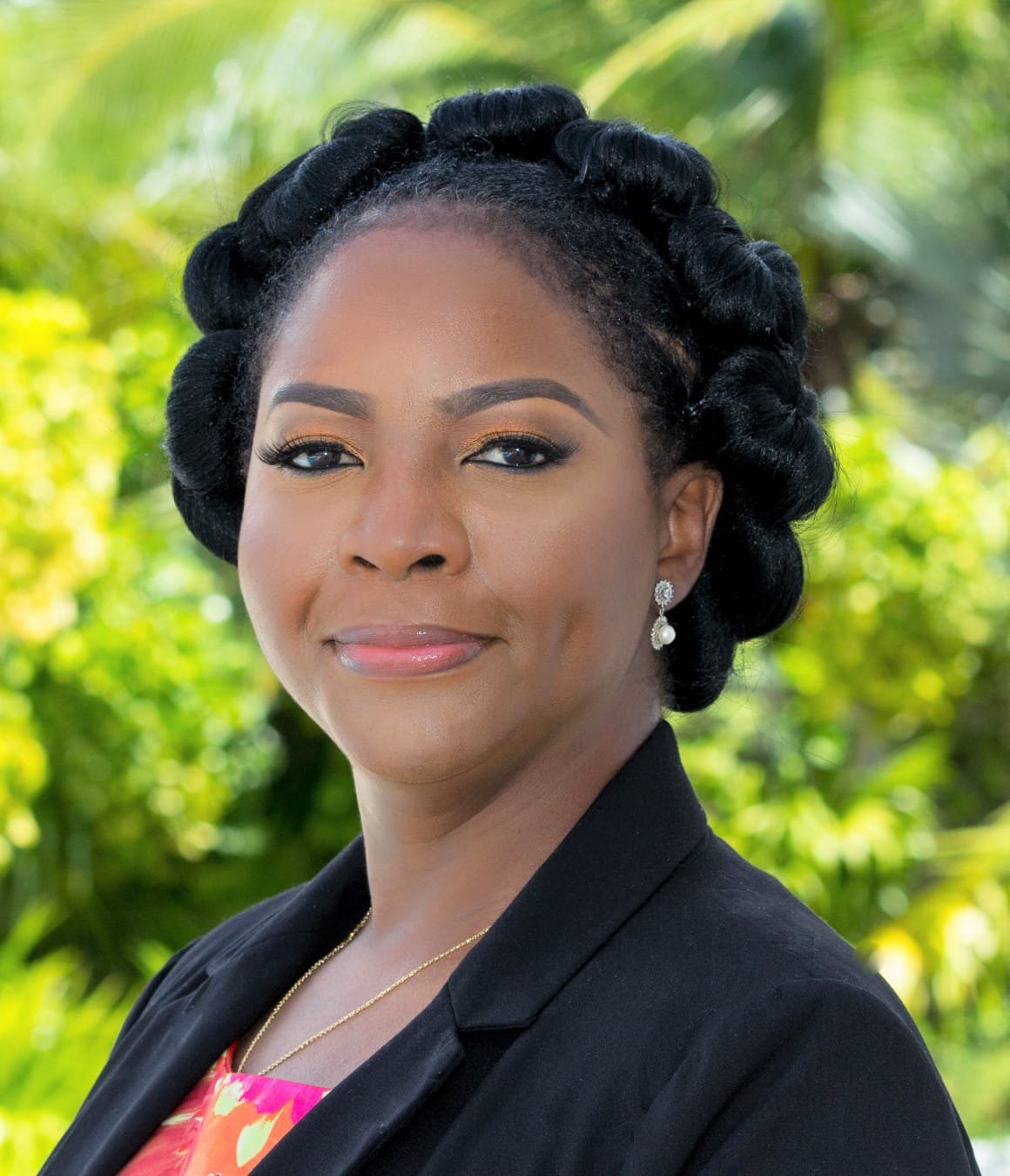NASSAU, BAHAMAS — Doctors on the frontline fighting against the coronavirus in The Bahamas will make their own determination on vaccinating themselves, according to Bahamas Doctors Union (BDU) President Dr Melisande Bassett.
“That’s up to the individual,” she told Eyewitness News.
“We will not force anybody to take the vaccine.
“And I heard the commitment [from the minister and] we will hold the minister to that, that it will not be mandatory.
“Now, if you’ve seen, if you’ve watched the news, for those that have been exposed to the vaccine in the UK and the US, there have been some adverse reactions — especially for persons that have severe allergies — and they recommended that they don’t take the vaccine because they’ve seen adverse events with those persons.
“So, we advocate science.
“We advocate that you read the safety profile that the FDA has published and you see those specific side effects and if they apply to you.
“And if you fall within that number or you’re within a group that may have an adverse effect [or] reaction, we would not suggest you take it.
“As more and more persons become vaccinated, we will see the rarer and rarer side effects come up and I think by that time, we should have enough data to say ‘well, this vaccine is safe’. And so far, it looks as if it is safe.”
The government has stressed no one will be mandated to take the vaccine.
Pfizer, Moderna and Oxford coronavirus vaccines have shown over 90 percent efficacy in studies.
The US Food and Drug Administration (FDA) approved emergency use authorization for the first COVID-19 vaccine, allowing Pfizer-BioNTech to be distributed across the country.
The United Kingdom recently became the first nation to start vaccinating its citizens with a fully vetted and authorized COVID-19 shot.
The Pan American Health Organization (PAHO) has encouraged countries in the region to “build trust” on an approved vaccine and is encouraging countries to dispel misinformation, insisting people’s perception of an available vaccine could “cost lives”.
The COVAX facility, convened by Gavi, CEPI and WHO, comprises 186 countries.
It aims to deploy at least two billion doses of COVID-19 vaccines by the end of 2021.
In a statement yesterday, the Progressive Liberal Party’s COVID-19 Task Force said the government must be mindful that the vaccines were produced in record time using new medical technologies, and the long-term complications remain unknown, despite short-term side effects appearing minimal.
The Bahamas is expected to receive 80,000 doses at a cost of $1.6 million in the first tranche.
In September, the government invested $250,000 as a down payment for the vaccine.






